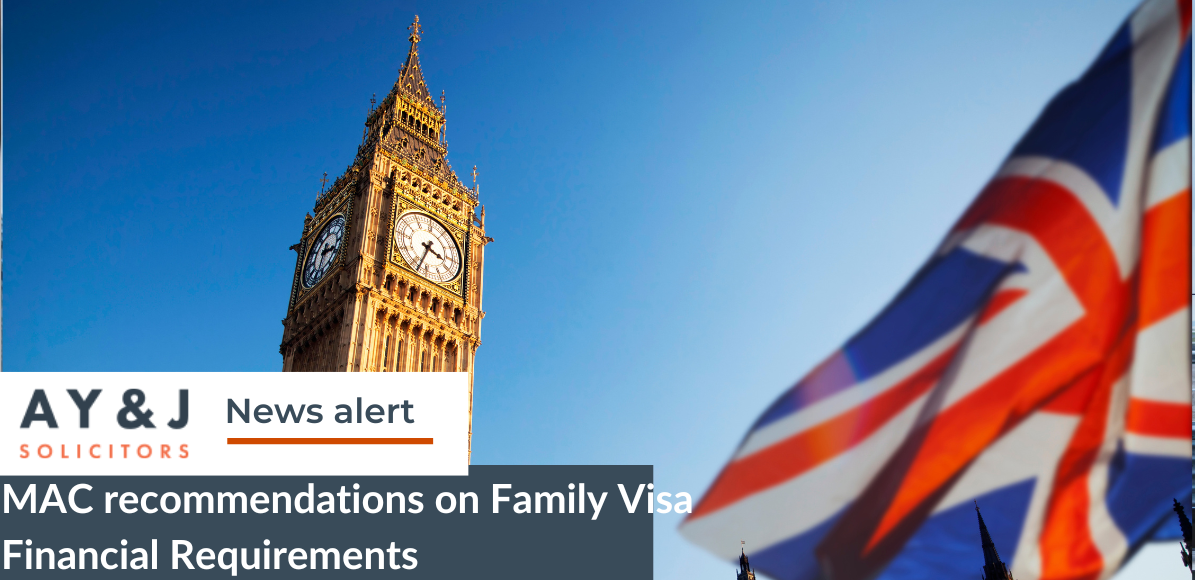On Monday, September 8, 2025, the UK Parliament discussed two well-known petitions pertaining to proposed modifications to the Indefinite Leave to Remain (ILR) qualifying period. Ben Goldsborough MP, a member of the Petitions Committee, led the discussion, which began at 4:30 p.m. in Westminster Hall.
The Government’s plan to increase the standard ILR qualifying period from five to ten years, as stated in the May 2025 Immigration White Paper, has drawn increasing public concern, as evidenced by the fact that both petitions have surpassed the 100,000 signature threshold needed for parliamentary debate.
Background: The Proposed ILR Reform
The government released a White Paper in May 2025 that called for major adjustments to the UK’s immigration laws, including a move to the “earned settlement” model. One of the main proposals being considered is to double, from five to ten years, the qualifying period for ILR for the majority of migrants, unless there are special circumstances.
According to the government, this would better match settlement with long-term integration and UK contribution. However, this action has caused a great deal of worry among human rights organisations, employers, lawyers, and migrants.
The Petitions Under Debate
One of the petitions that Parliament will talk about asks the Government to keep the five-year Indefinite Leave to Remain (ILR) pathway open for people who already have a Skilled Worker visa. More than 162,000 people have signed the petition, which says that people who came to the UK through the Skilled Worker route should be able to stay under the rules that were in place when they arrived. Specifically, it asks the government to only apply any future changes to ILR eligibility to new applicants, not to people who are already on a set path to settlement. In response, the Home Office said on June 17, 2025, that any proposed changes would have to go through a formal public consultation. Officials said they understood the worries and urged everyone involved, including migrants who would be affected, to take part in the upcoming consultation process.
The second petition that is being talked about is about keeping the ILR path open for British National (Overseas) [BN(O)] visa holders from Hong Kong. The petition, which has more than 108,000 signatures, asks the government to keep the five-year path to settlement for people who moved under the BN(O) scheme. Petitioners point out the promises the UK Government made when the BN(O) visa route opened in 2020. They stress how important it is to keep those promises even though there is still political uncertainty in Hong Kong. In its official response on July 11, 2025, the Government said it is still “deeply committed to the Hong Kong community” and promised to take the concerns raised into account. After the final proposals related to the Immigration White Paper are made public, more information is expected to be made available.
What Debate Means for Migrants and Employers
Even though the debate on Monday won’t lead to a legally binding vote, it’s a good chance for MPs to think about how the proposed ILR reforms will affect people. Ministers will talk about the issues that people have raised and those that might be affected. This will help with the ongoing consultation and policy-making process.
The results of this debate and the policy choices that follow will have a big effect on the lives of thousands of migrants who are currently working and settling down in the UK, especially those with BN(O) or skilled worker visas.
Employers are also affected by uncertainty. Longer settlement pathways could make it harder to hire and keep workers, especially in fields where there is already a shortage of workers.
We at A Y & J Solicitors are closely watching the government’s plans to change immigration laws. Even though the proposal to extend ILR qualifying periods is not yet law, it has caused a lot of uncertainty for both current and future migrants.
We strongly encourage those who are affected and their employers to:
- Keep up with the debate and the upcoming public consultation
- Get professional advice to understand how these changes could affect long-term immigration strategy and settlement planning
- Give feedback during the consultation period to make sure your voice is heard.
We will keep you updated as new information comes in.









